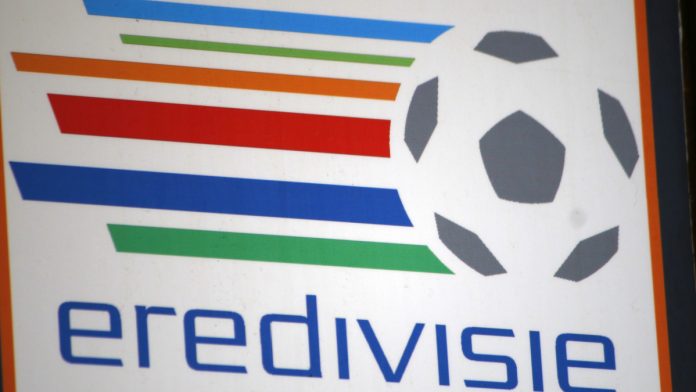An unnamed Dutch betting company has been reprimanded by the country’s gambling regulator for including an Eredivisie footballer in promotions.
The Kansspelautoriteit (KSA), the Dutch Gaming Authority (DGA), stated that two companies had violated the role model ban, one for including a sportsperson and one for including a well-known actor.
In the sports case, customers of a sports betting operator were given the chance to win the shirt of a well-known footballer from a Dutch Eredivisie club’. This violates the Netherlands’ strict prohibition on sports personalities appearing in betting promotions and marketing.
KSA explained: “To protect vulnerable groups, strict rules apply to the use of role models in recruitment and advertising activities. A ban on role models applies to providers of risky games of chance: role models may not be used to (in)directly promote risky games of chance.
“There are opportunities for providers of less risky games of chance such as lotteries to use role models. If they want to use a celebrity, they must first research the reach of that person among minors and young adults. If that research shows that a celebrity is interesting for that target group, this role model may not be used.”
The regular did not state that any financial penalties had been issued to either operator in question, only that the firms had been reprimanded and that the promotions have now ceased.
A ban on role models in marketing and promotions has been in place in the Netherlands since 1 July last year, having been a key objective of the government for some time.
The Dutch online betting and gaming market was launched on 1 October 2021 under the KOA Act, and since then has grown from an initial grouping of 10 licenced operators to over 25.
This has also come with a surge in betting marketing and advertising, including the sporting space, which drew some criticism from public and political spaces. This prompted the government, led by the MInistry of Justice and Justice Minister Franc Weerwind, to draft and implement the role model ban.
Similar developments have been seen in Belgium, which adopted the same policy on the same day as the Netherlands in 2023, and the UK, where the CAP Code bans sports people with a particular appeal to younger audiences from appearing in betting marketing.
Both the Netherlands and Belgium will eventually ban sponsorship and advertising of gambling in sports in 2025. Meanwhile, in the UK, a self-imposed ban on front-of-shirt betting deals in the Premier League will come into force during the 2026/27 season.

























